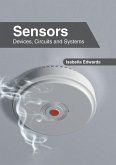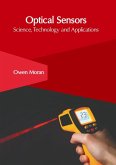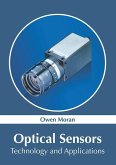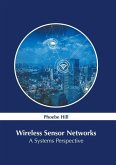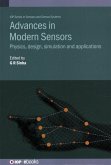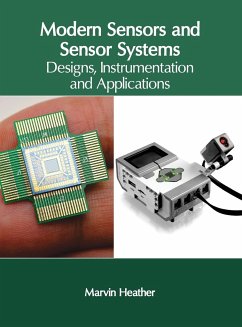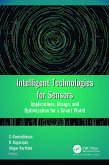A sensor is a device that detects changes in the environment and sends the information to a processor or other electronics. A sensor is said to be ideal if it is sensitive to the measured quantity and insensitive to any other property, and does not influence the former. It is considered to be sensitive if the output changes relative to each small deviation in the input quantity. The use of sensors is seen in items of everyday usage, such as touch-sensitive elevator buttons or lamps that brighten or dim upon touching the base. Due to the advancement in micromachinery and user-friendly microcontroller platforms, sensors are no longer restricted to the measurements of temperature, pressure or flow alone. They are increasingly being used in airplanes, cars, robotics, manufacturing, machinery and aerospace. Sensors are also used in biotechnology and biomedicine to detect analytes in in-vitro and in-vivo applications. This book outlines the working principles and applications of sensors in detail. It elucidates emerging sensor technologies and their applications in a multidisciplinary manner. It is appropriate for students seeking detailed information in this area as well as for experts.
Hinweis: Dieser Artikel kann nur an eine deutsche Lieferadresse ausgeliefert werden.
Hinweis: Dieser Artikel kann nur an eine deutsche Lieferadresse ausgeliefert werden.


